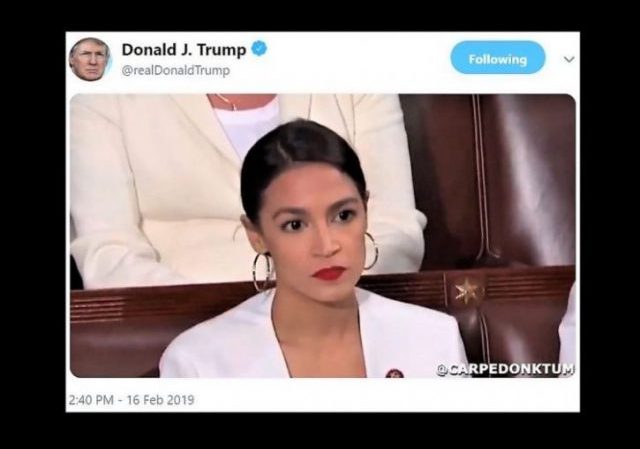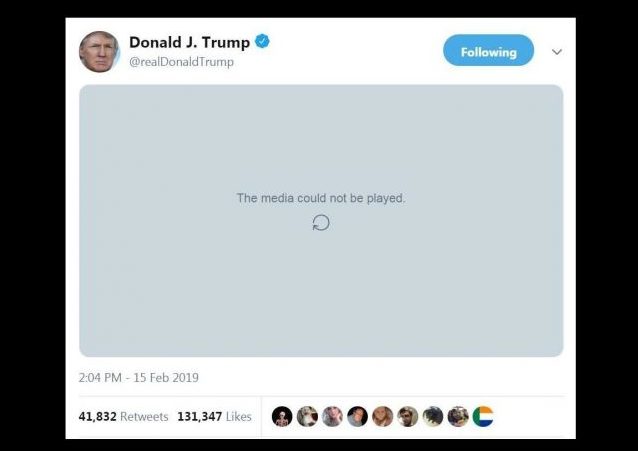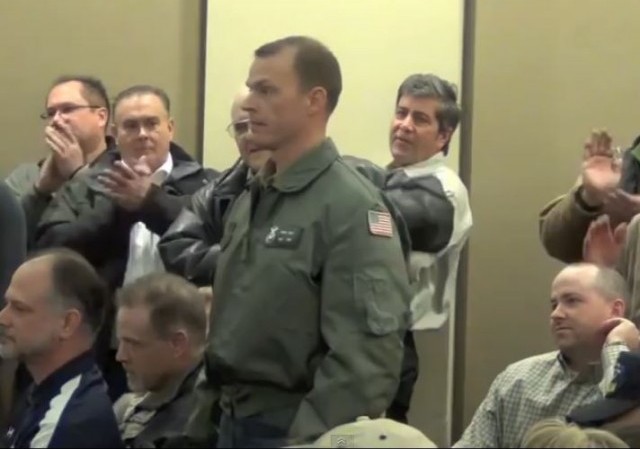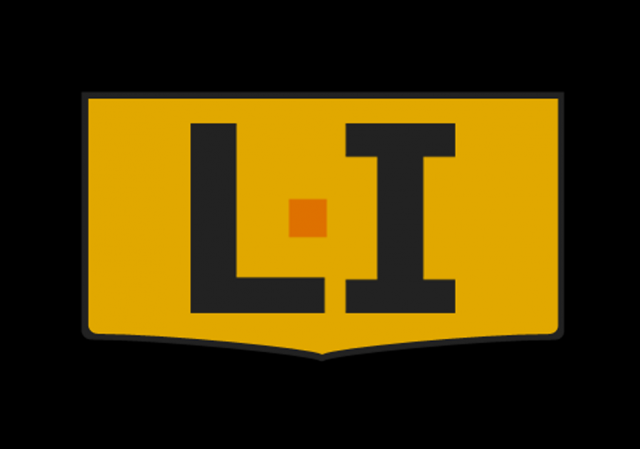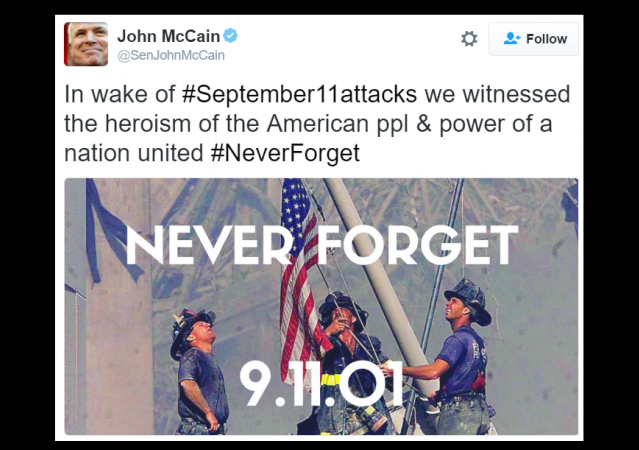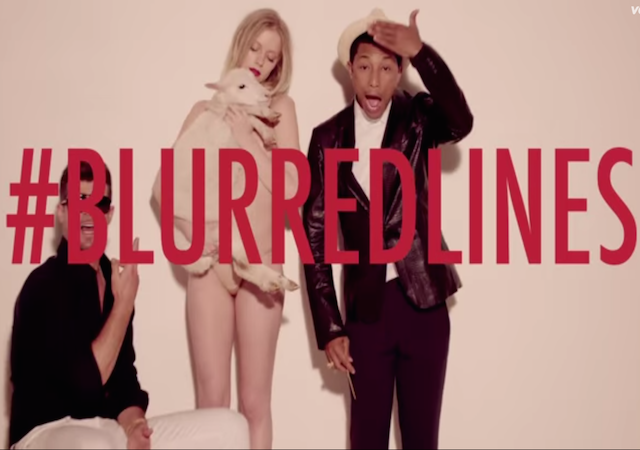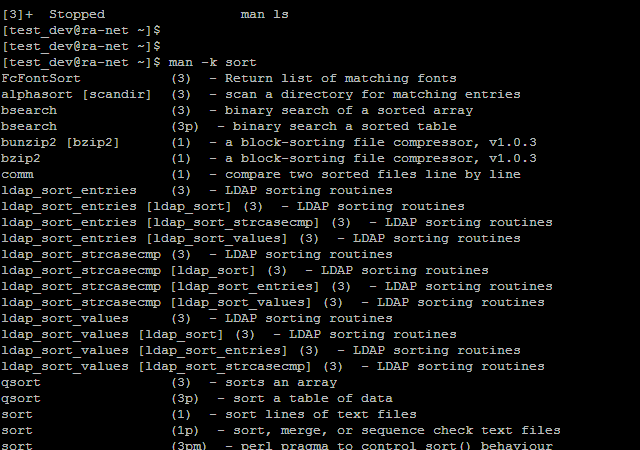The tech community is rallying in an effort to convince the Supreme Court to review a federal court decision granting copyright protection to APIs (application programming interfaces.)
A few years ago,
tech giant Oracle sued Google when Google's engineers used Java APIs to build the Android operating system. Although Google designed its own original programs, it based those programs off of the original Java APIs so that independent developers could create apps and programs for use on Android phones.
Pause button. If everything I just said sounded like Greek, the Electronic Frontier Foundation explained in their press release about their request to SCOTUS how APIs work:
Generally speaking, APIs are specifications that allow programs to communicate with each other. So when you type a letter in a word processor, and hit the print command, you are using an API that lets the word processor talk to the printer driver, even though they were written by different people.
The brief explains that the freedom to re-implement and extend existing APIs has been the key to competition and progress in both hardware and software development. It made possible the emergence and success of many robust industries we now take for granted—for example, mainframes, PCs, and workstations/servers—by ensuring that competitors could challenge established players and advance the state of the art.
After Google released its Android OS, Oracle sued Google for patent and copyright infringement. A California judge
rejected the claim, saying that an API is essentially a "process or method" that allows different computer programs to talk to one another. (Source code, on the other hand, is treated like a literary work and is covered under copyright laws.)
A federal circuit appeals court disagreed with the analysis and overturned the decision, instead holding that APIs are copyrightable, upending years of industry practice and sending the tech community into a frenzy.
Is this a niche issue? Yes. Is it an
important niche issue? Absolutely. From the perspective of a computer scientist or developer, this decision
threatens their very ability to create anything new:

